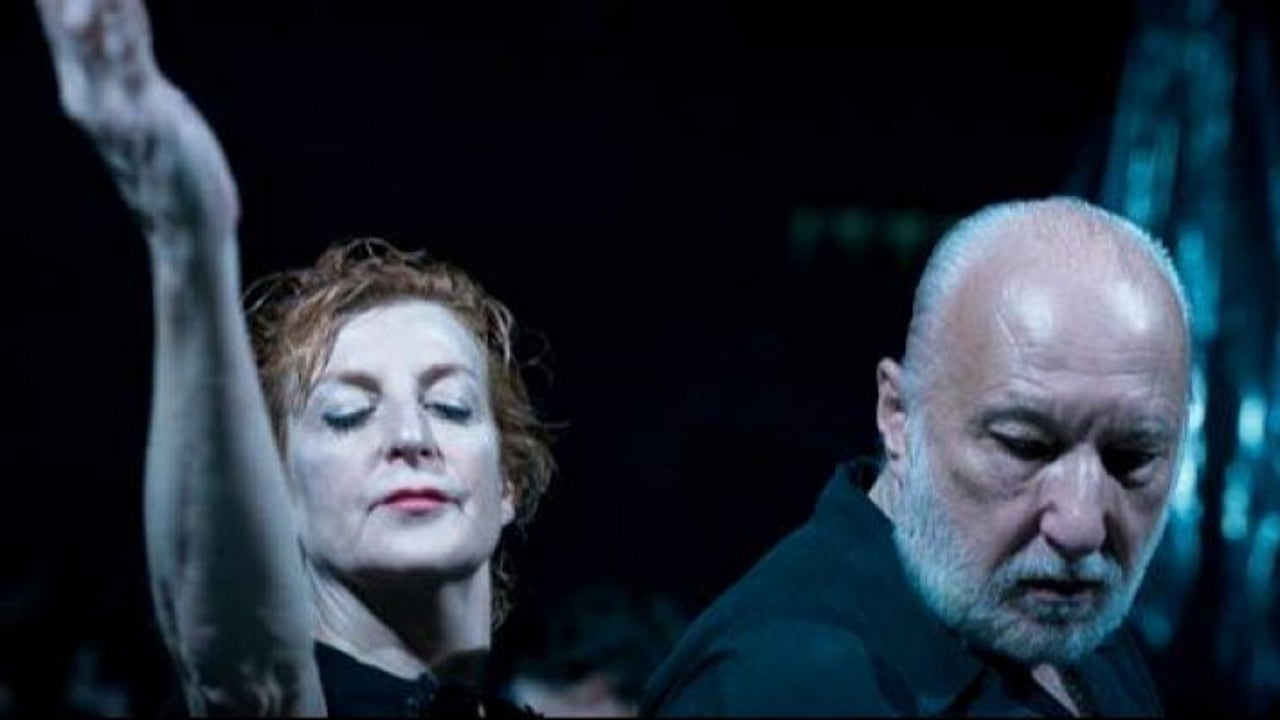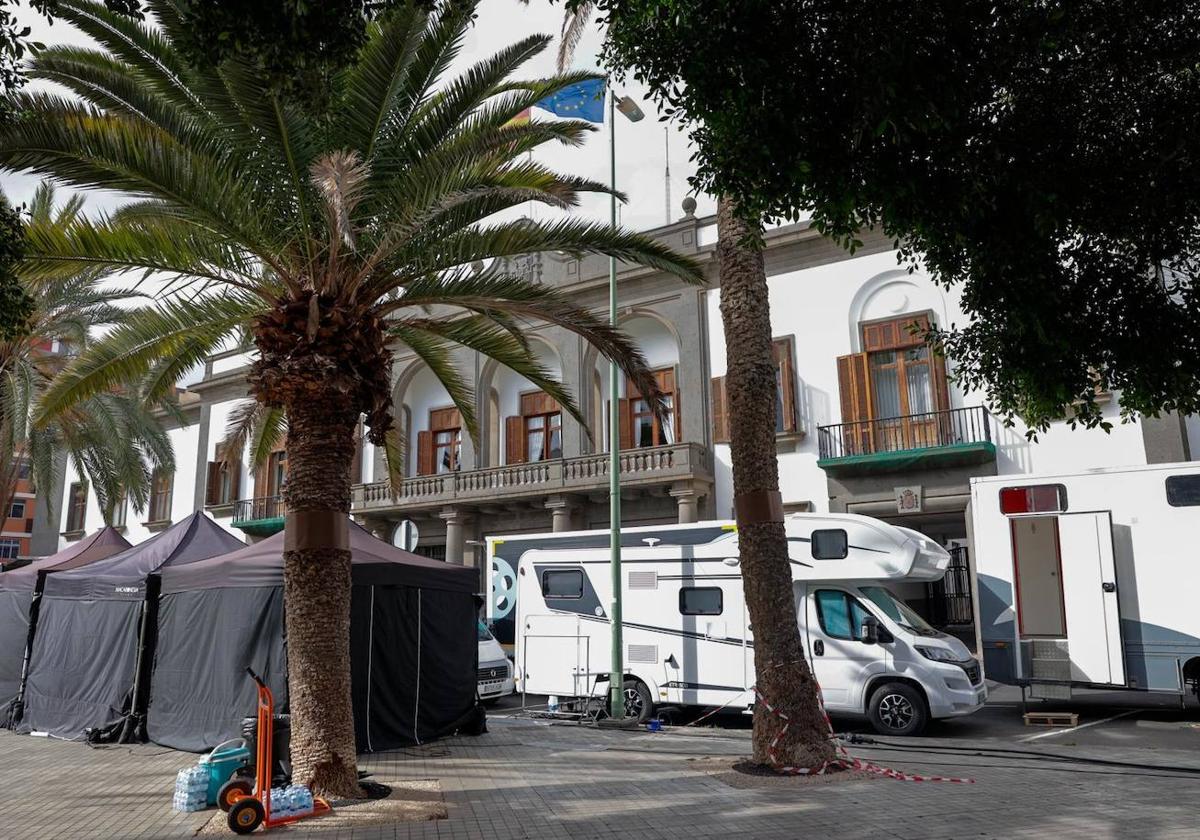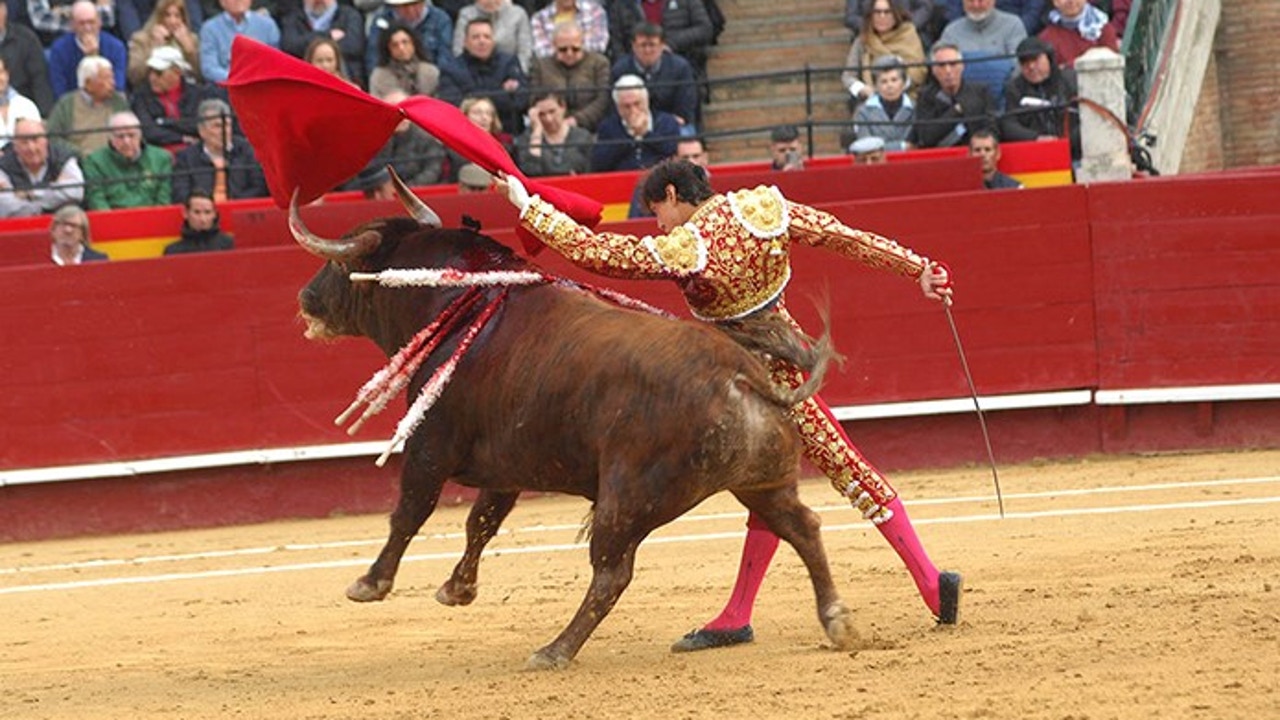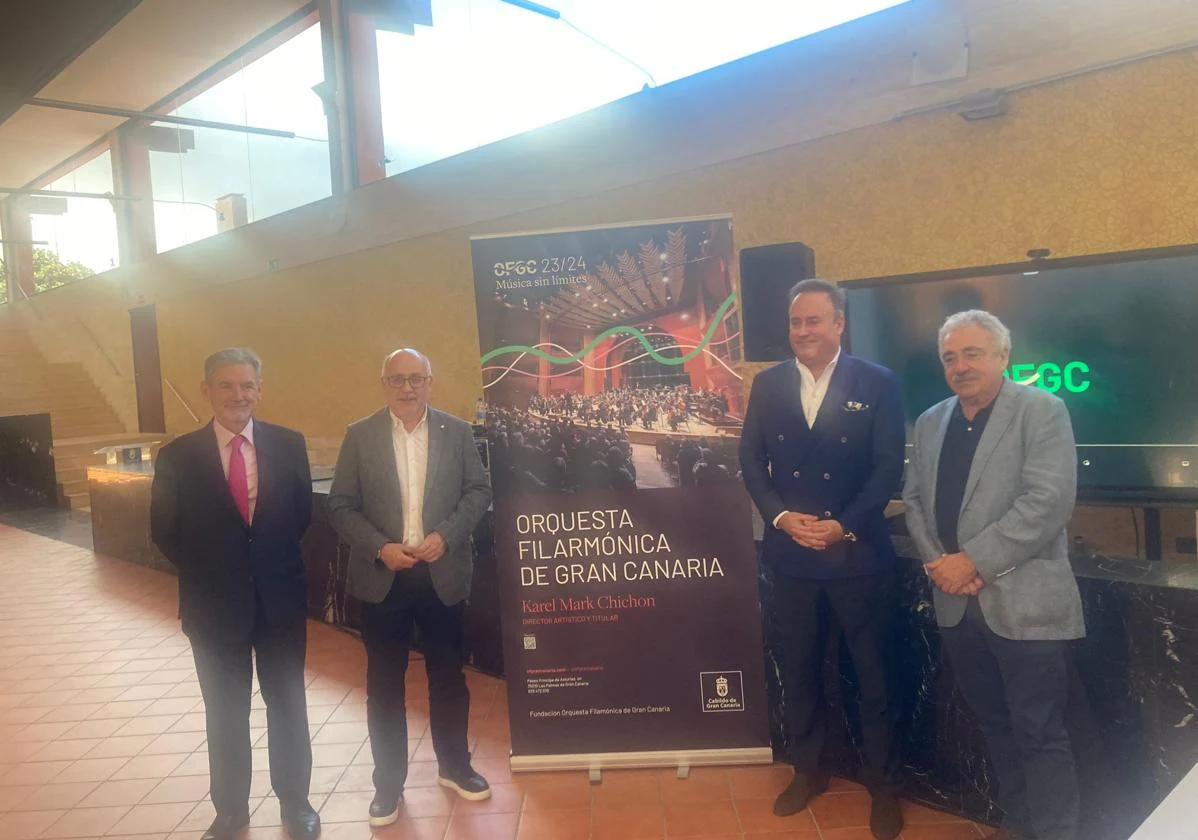"How far am I from the Nobel?" | Culture
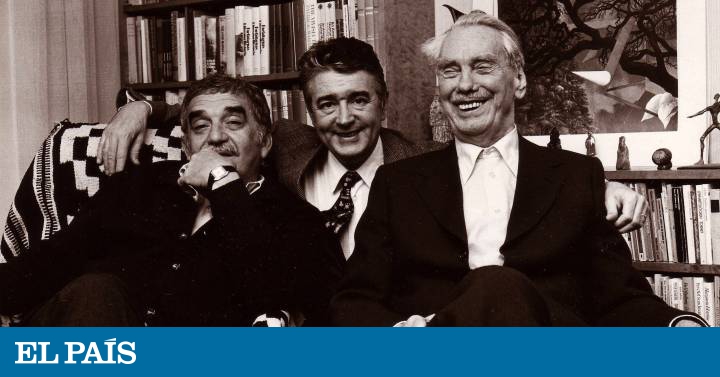
Paco Uriz remember even the sidewalk tile of his house in a popular neighborhood of Stockholm on which he had stood Camilo José Cela When he asked this question:
`` Hey, Paco, how far am I for him? Nobel?
Suave Aragonese, the most important Swedish to Spanish translator of the last decades responded to him who years later would be the most popular of the Nobel of our language:
`` Well, you're like me, Camilo.
Iria Flavia, the most famous of the Spanish aspirants to the Swedish academic scepter, was surprised. And Uriz explained why this circumstance occurred: the poet and translator and Cela, the author of Pascual Duarte's family, who longed for the award with burning warrior, they had equal possibilities because there was a procedure that neither had fulfilled.
Cela, like Uriz, had not been proposed by anyone, or by other winners, or by academics, by anyone. Uriz did nothing about it, but Cela began a career that returned him to Stockholm, under the protection of Uriz (and his wife, Marina Torres, Galician, who has been in Sweden as much as Paco) and in search of other decisive shadows .
Among those shadows that Cela sought (and that would be sought before and after the aspirants to take the Nobel for works in Spanish) was very prominent Artur Lundkvist, member of the Swedish Academy, successively friend of Pablo Neruda, of Gabriel Garcia Marquez and from Octavio Paz. One of those days in which Cela wanted to get the attention of Lundkvist, the most influential Swedish citizen in this regard, there was an hourly accident, whereby the Spanish academic delayed his appearance at the Uriz house, where they were to meet.
Creditworthy assumptions say that Cela wanted to look at her hotel mirror for the last time and finished her refreshment so late that she arrived an hour late at Lundkvist's height, boasting in addition to her own nude before the mirror.
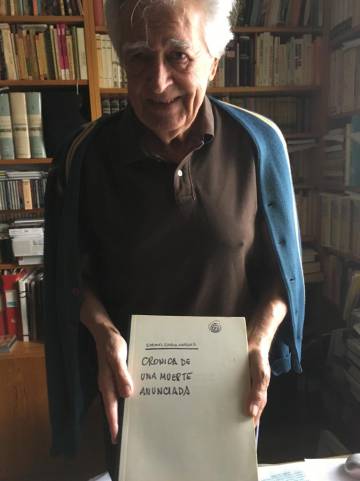
There was another literary fact more delicate than that. Carmen Balcells, As he had done on another occasion to protect Gabriel García Márquez, he decided to send Lundkvist the manuscript of Christ versus Arizona. It was not to the liking of the outstanding academic and neither of his colleague Knut Ahnlund ("This is intolerable. This is a shame!", He wrote in a letter to his colleague), who finally opted, despite his disgust for that book specifically, to help the Galician friend. Proposed candidate, or at least placed on the lists, Cela has already advanced towards the Nobel. And he got it in 1990, becoming called (also by himself) Don Camilo the Prize.
But he was not alone, as it is said, who asked that question ("Paco, how far am I for the Nobel?"), Nor the only one who, through Carmen Balcells, sent Lundkvist certification that he had work And this was recent. Following Pinochet's military coup d'etat, Gabriel García Márquez had announced his decision not to publish a line again while Pinochet remained in power. To the author of One hundred years of loneliness, that went head to head with the candidacy in pectore of the Cuban Alejo Carpentier, who would die along the way, he was sent by the Cuban authorities - at least literary - who had permission to continue writing and publishing.
Gabo could then break his commitment to silence against the dictatorship. And Carmen Balcells decided to convey to Lundkvist evidence that this was so, that Gabo was back on track, that he had written a brief and decisive work for those who wanted to say that the thing was serious. For this he sent the manuscript of the Academy secretary A Chronicle of a Death Foretold, that had not yet been published.
García Márquez was already in the Nobel race, and everything that happened that fall of 1982 in Stockholm is already known, turned into a yellow flower party. Lundkvist had read the manuscript, of course, and as it used to happen with all the books he read for this purpose he got rid of it. In this case, Francisco J. Uriz, who was teaching him with joy in the house where Cela was about to lose the sympathy of the secretary of the Nobel Academy and who knows if his proclamation of ambition for Don Camilo be called the Prize in every corner of his country.
Gabo was not the only Hispanic American who asked the question that Cela would also ask. In Nicaragua, during a trip in which the three coincided, it was Julio Cortázar who asked the question on behalf of his Colombian compadre. "How are we and I from afar for the Nobel?" Neither Uriz nor anyone knows these answers, although naturally there have been and there are still abundant sponsorship appropriations, which are surely based on the ego of those who boast of decisive contact.
Even in the 50s of the last century the Academy sent names of possible winners; In the modern era of betting, and even before, the mouth is sealed, so that rumors have as much value as certainties. In these days before the Nobel, I wanted to make Marina and Paco sound how this or another writer (or writer!) Of the Spanish language was for the Nobel, and responded with the Galician-Aragonese combination that distinguishes them as veteran members of the Hispanic army in Stockholm.
In his memoirs Uriz has an abundance of material about these adventures that so many have followed to approach the Nobel. But he maintains, with his wife, a discretion that only allows them to say time and result. They know, however, that Fernando del Paso rang for a while José Trigo, that, says Uriz, for Lundkvist he was a future Nobel ... And that the candidacy of Mario Vargas Llosa, who finally had it in 2010, came through the natural course "of his considerable work, without the stop that Gabo had had", after , yes, that Lundqvist felt that The War of the End of the World (that the Uriz passed him and that he read after a comma) was another masterpiece.
"This Hard times who publishes now Mario It has come out round, "says Uriz, who exclaims:" It is as if he had revalidated the Nobel after The party of the goat!". That Dominican saga was translated here, like most of his work, by diplomat and translator Peter Landelius, who died last May and is now honored in the Cervantes of Stockholm by Uriz and by others as a member of the quiet army of those who aspire here namely how they sign up for the list of Nobel applicants. The translation, and these translations of Landelius, said Uriz in the tribute, they do matter so that the Academy knows how much space there is between the ambition to be Nobel and the possibility of reaching the scepter.
Earlier, in that little legion of Hispanic nobles of the twentieth century, he got it Vicente Aleixandre, Lundkvist's favorite poet (whom Uriz helped to understand). And another great poet of your choice, Octavio Paz, translated in collaboration with Marina Torres, it would become the pillar of Hispanic poetry that the Academy took into account. Lundkvist is gone. There are Uriz and Marina, and they give loose names (Hispanic Americans here and there), although it is not known if they will be asked to translate the phrase with which the Academy tells the current mystery of the two nobles.
. (tagsToTranslate) be (t) nobel (t) tour (t) awarded (t) spanish speaker (t) memory (t) francisco j. uriz (t) translator (t) friend (t) artur lundkvist (t) member (t) Swedish academy
Source link

